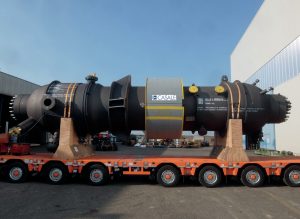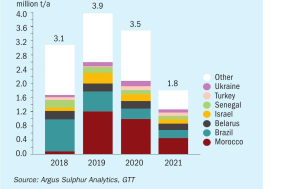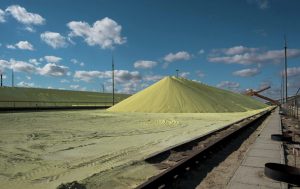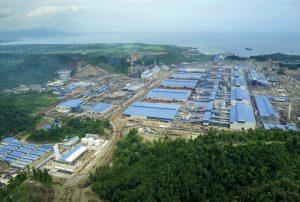Exposure to the Russia-Ukraine conflict
Argus Media’s Alistair Wallace assesses how exposed fertilizer and fertilizer raw material markets are to the conflict in Ukraine.
Argus Media’s Alistair Wallace assesses how exposed fertilizer and fertilizer raw material markets are to the conflict in Ukraine.

Debora Simoes, Bruno Fardim , and Cleber Vieira of Agroconsult report on what’s driving the Brazilian fertilizer market currently and look at prospects for the coming year.

Improvements to equipment and materials are driving greater operational performance and higher efficiencies at urea plants. Recent advances are reviewed.
Argus in collaboration with CRU will convene the 2022 Fertilizer Latino Americano conference in Miami, Florida, 21-23 March.

Market Insight courtesy of Argus Media

EuroChem Group recently completed the purchase of the Serra do Salitre project from Yara International for $452 million. This one million tonne capacity Brazilian phosphate project is due to be completed in 2024.

Meena Chauhan, Head of Sulphur and Sulphuric Acid Research, Argus Media, assesses price trends and the market outlook for sulphur.

The extensive sweep of financial sanctions against Russia in the wake of the invasion of Ukraine, coupled with Russia’s position as the leading exporter of numerous commodities means that the impact of the 2022 price shock may be worse than 2008.

The fourth SulGas Conference organised by Three Ten Initiative Technologies took place 1-4 February as a virtual event. Selected highlights from some of the presentations from SulGas 2022 are given below.

A shortages of highly pure nickel is driving major new investment in high pressure acid leaching plants, especially in Indonesia, with a significant impact upon sulphuric acid and sulphur demand.